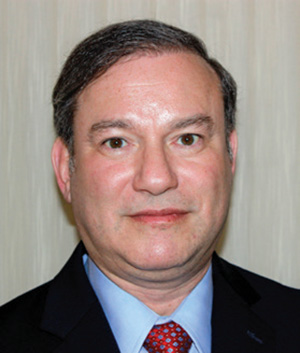
We read in Parshat Re’eh that one should not make any cuttings in one’s skin for the dead (14:1). Apparently, this was a mourning custom in ancient times. At the same time, we know that when an immediate family member dies we are supposed to cut our lapels and rip our clothing to mourn our loved ones. What is the difference between the cutting of our clothing, which is encouraged, and cutting one’s flesh, which is discouraged?
Rav Samson Raphael Hirsch explains it as follows: The rending of one’s garments is temporary, while the cutting of our flesh is permanent. It is appropriate to acknowledge the loss of our relatives by rending our garments because their loss caused a “rip,” so to speak, in our lives. Things are not the same as they once were. We tear what is around us to show the immediate impact of the loss.
Cutting the skin, however, is very different. When we do that we make a permanent mark that never goes away. It sends a mistaken message that we are permanently marked and will never be the same.
Hashem gives all of us our unique talents, attributes and abilities. We are influenced and impacted upon very much by our relatives. A parent’s influence is perhaps the strongest influence of all. When we suffer the loss of a parent it clearly has a significant effect. But the effect should not be permanent. It should not impair our ability to continue to function in life. Even after suffering a loss we still have the same talents, attributes and abilities. We still have the obligation to serve Hashem and continue with our lives using them. We cannot permanently scar ourselves. We need to be able to assimilate the influence of our parents and the experience of their passing away but yet be able to move along. We need to find a way to go on and continue living ourselves.
In Tanach (II Shmuel 12:18-23) we read that King David’s first child with Batsheva died tragically. When David realizes that the child is dead and there is no further point in fasting and weeping, he gets up, gets washed, dresses himself and eats a meal. He states, “What is the point of my continued bereavement? Will it bring him back?” In effect, he acknowledged the fact that after a point we need to go on with our lives. We cannot permanently scar ourselves. We need to move forward with our lives.
Unfortunately, some people have difficulty getting on with their lives after a loved one has passed away. They may experience a severe and persistent grief or mourning reaction. I have come across traumatized patients who visit the cemetery on a daily basis and cannot seem to be able to return to their previous lives. The diagnostic manual for emotional disorders, the DSM-5, has a diagnosis for such unfortunate individuals. It is called a persistent, complex bereavement disorder. Individuals with this disorder often need professional mental health services to get back to where they once were.
May Hashem give us the wisdom and courage to learn from all our loved ones, especially our parents. May we be able to assimilate our experiences in life, learning their lessons and not getting “stuck” or permanently marked in an adverse manner by any of these events. While our loved ones will certainly leave a memorable impression upon us, it is almost certain that they would wish for us to get on with lives and make them proud in Gan Eden.
By Rabbi Dr. Avi Kuperberg
Rabbi Dr. Avi Kuperberg is a forensic clinical psychologist in private practice. He is the president of the Chai Riders Motorcycle Club of NY/NJ. He leads the Summit Avenue Shabbos Gemara shiur and minyan in Fair Lawn, NJ. He can be contacted at Psychologist@Juno.com.










